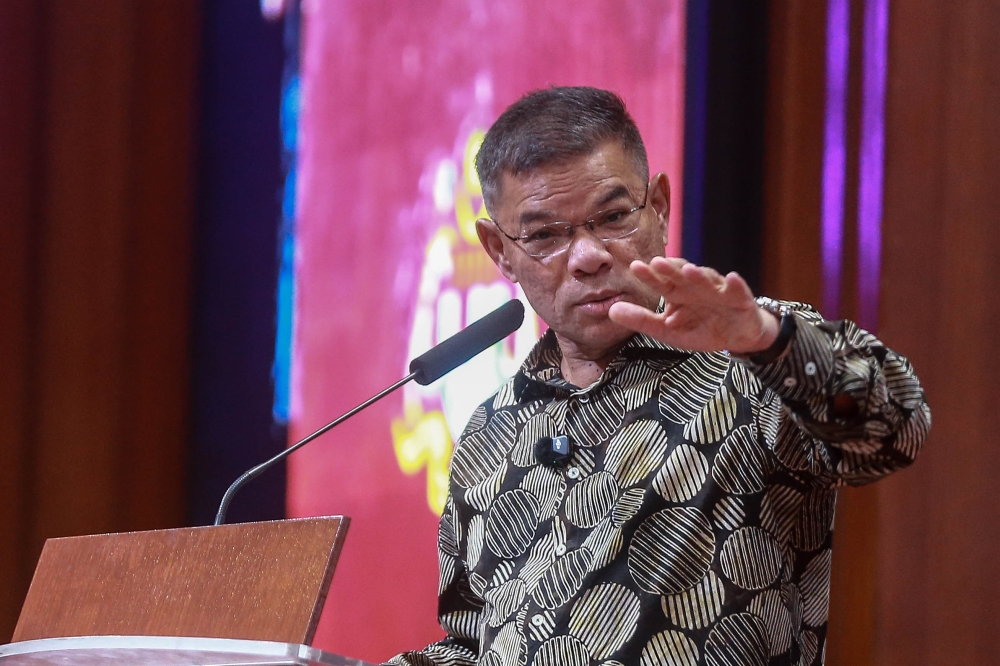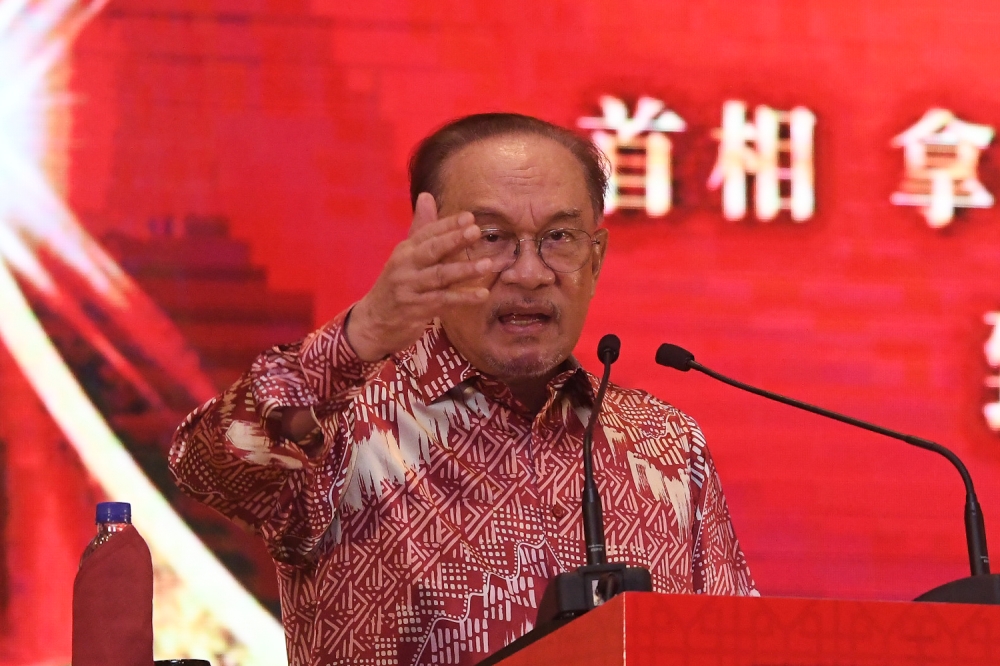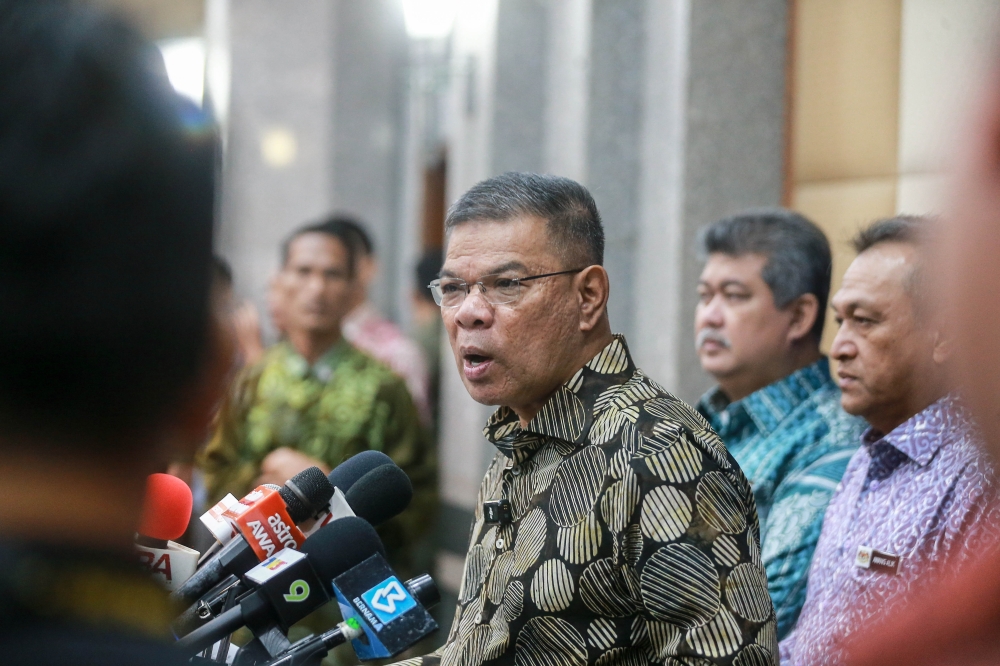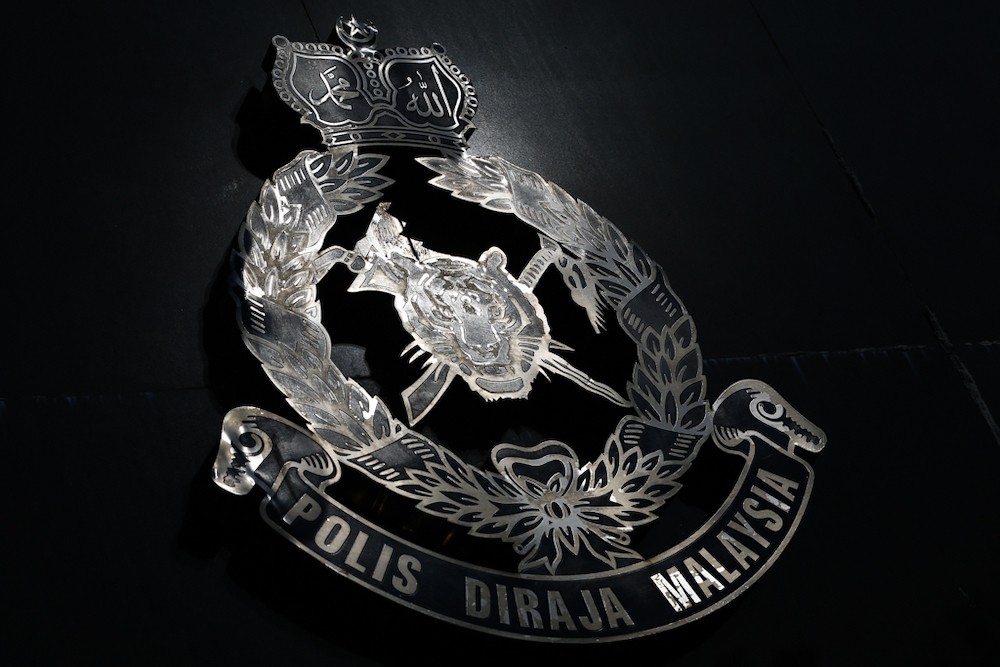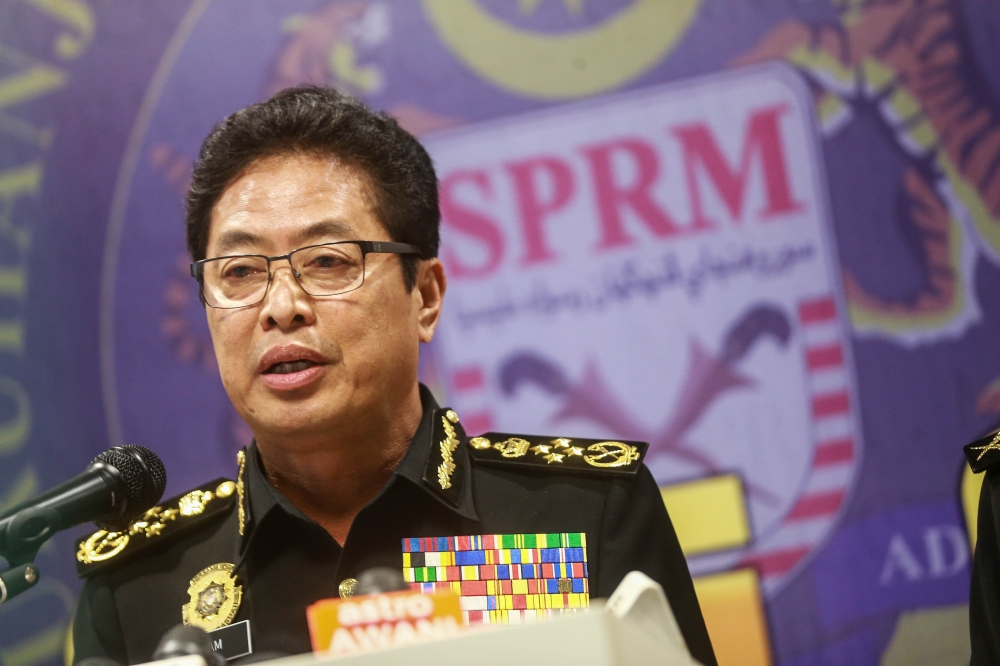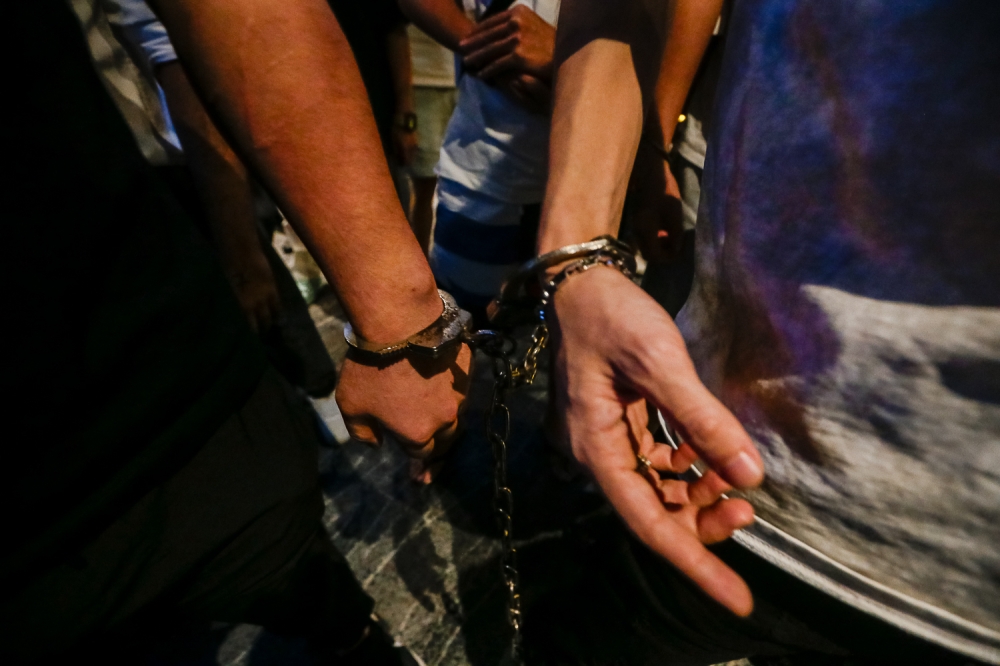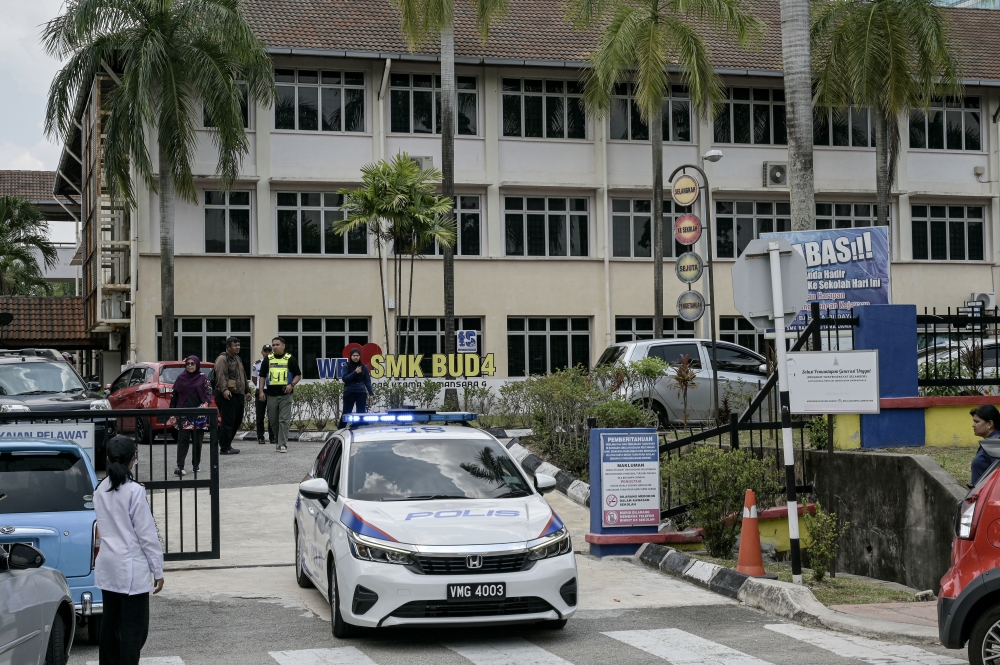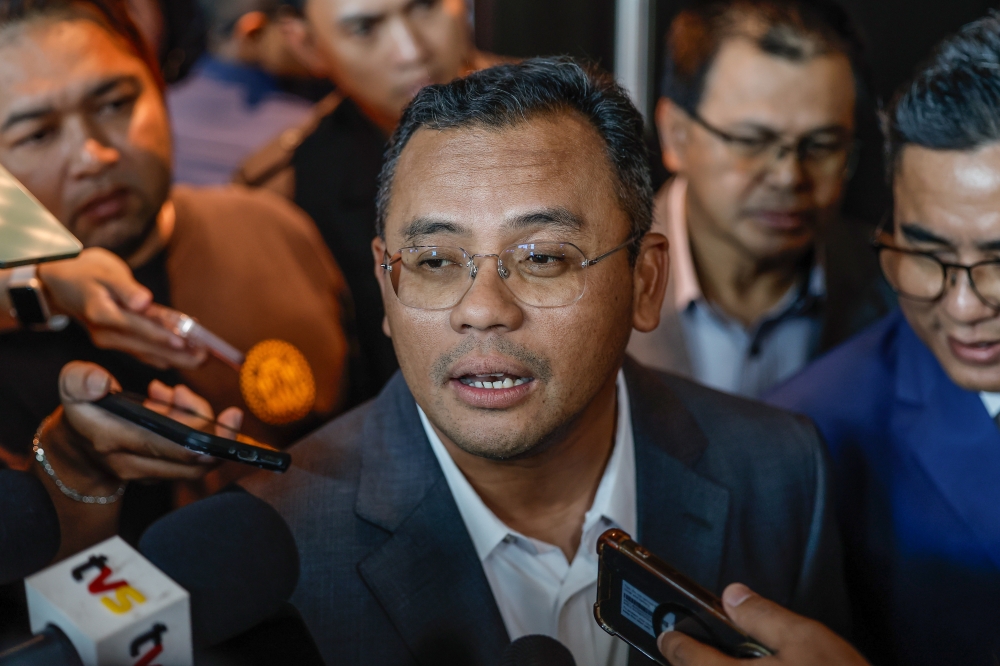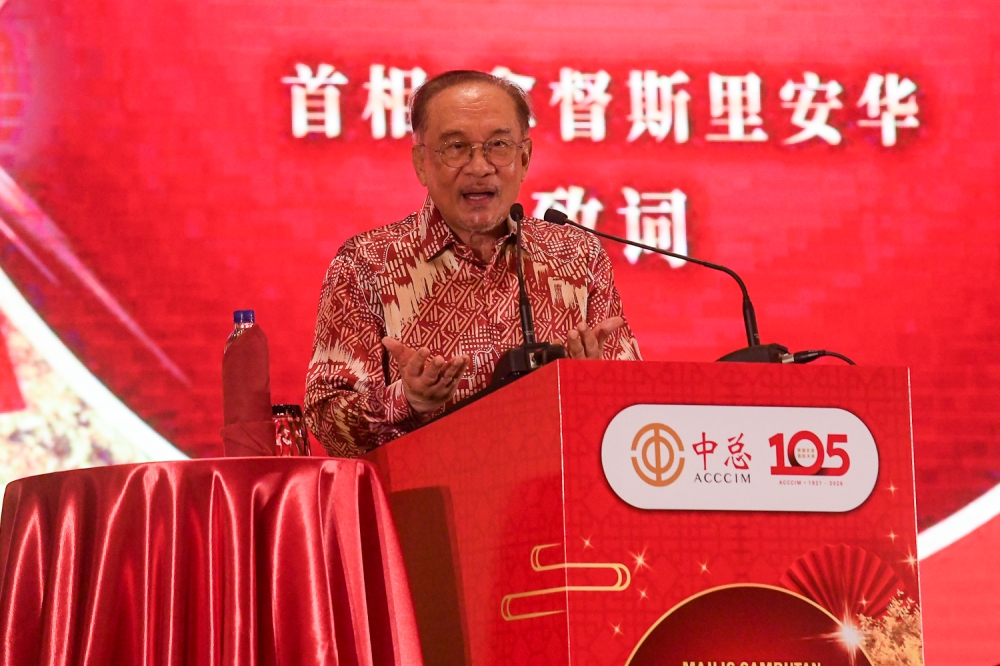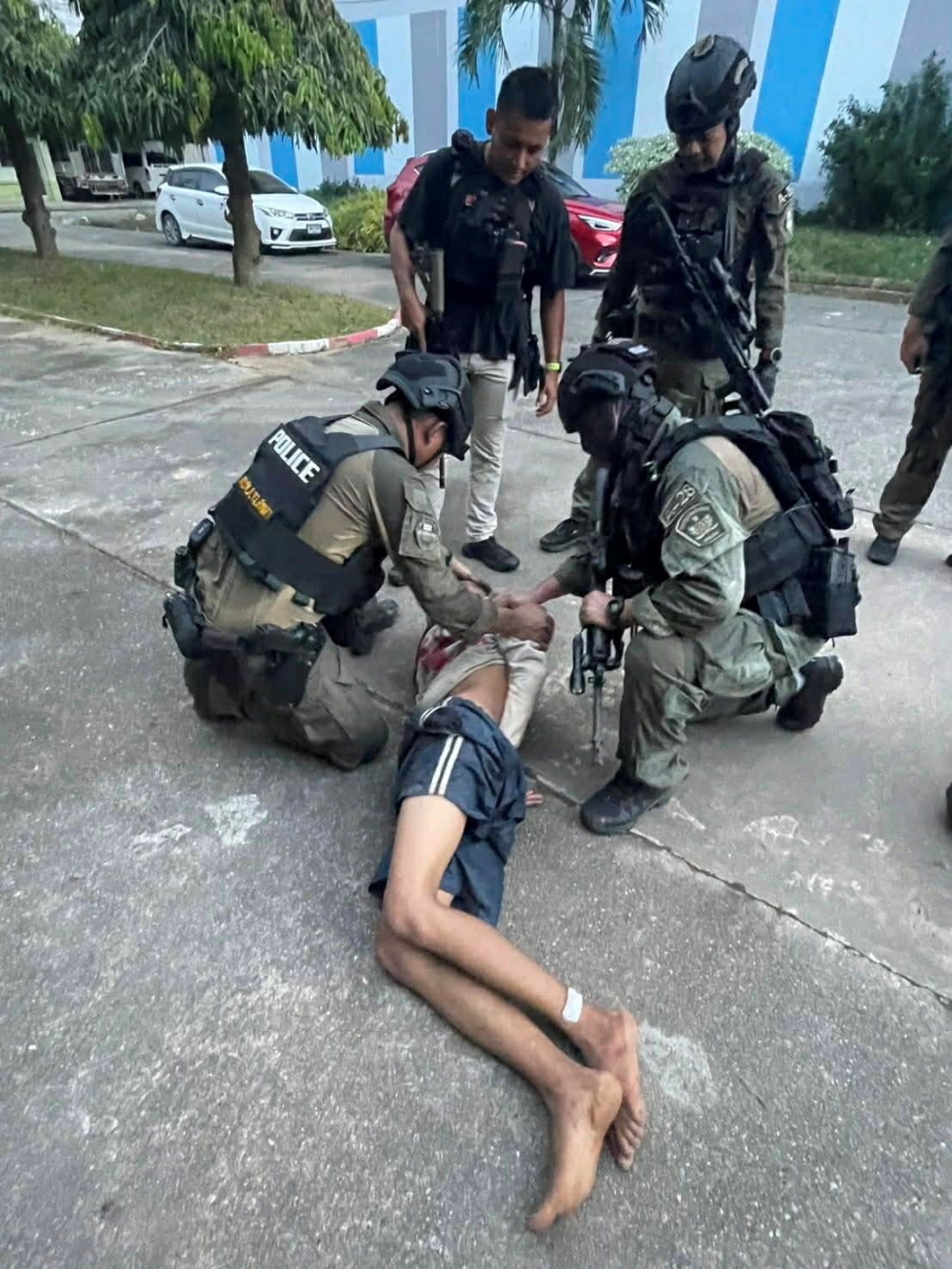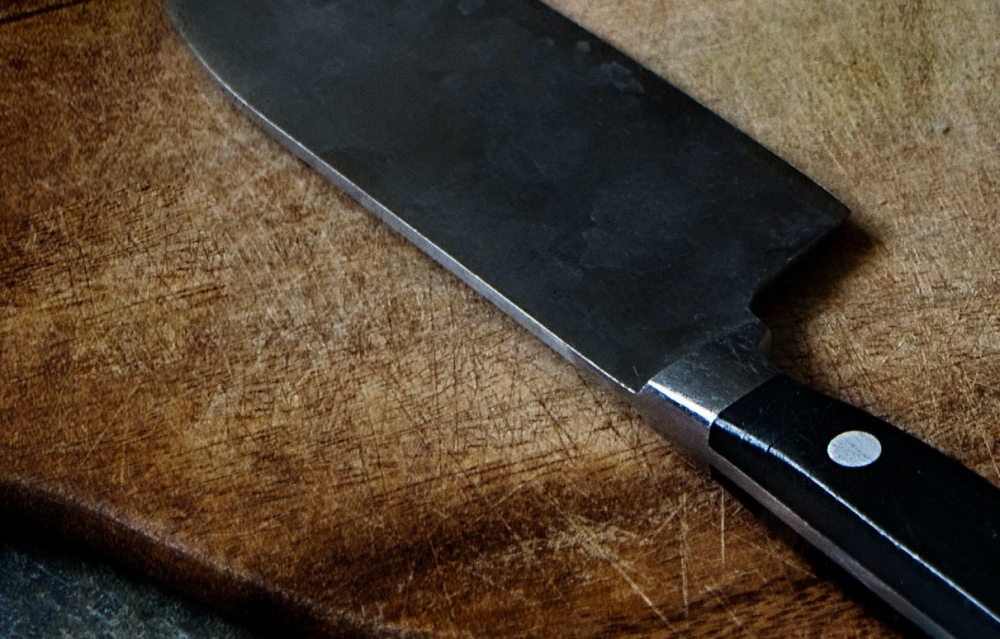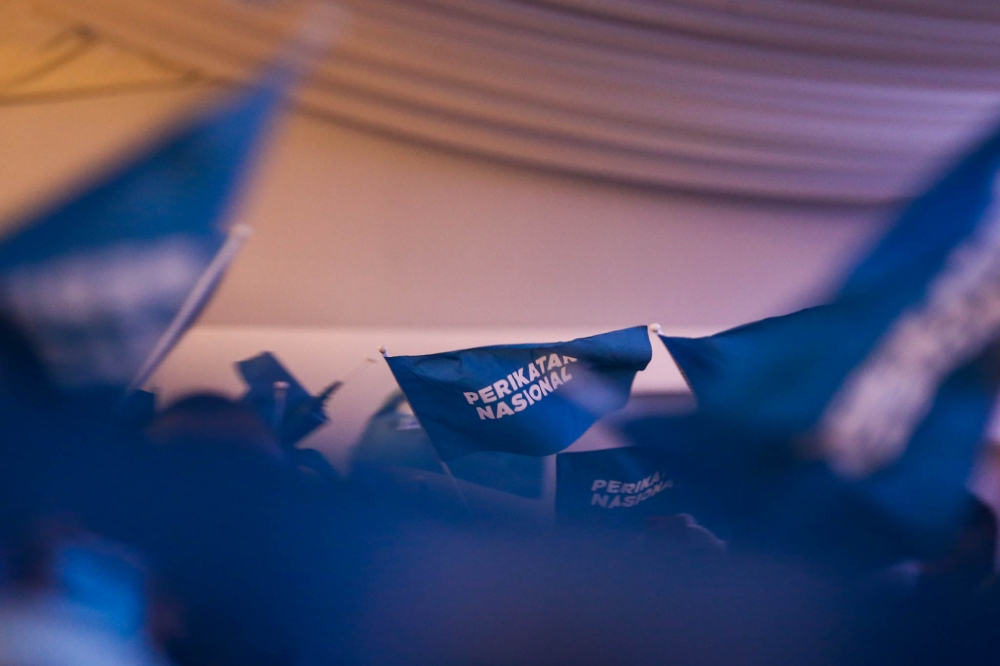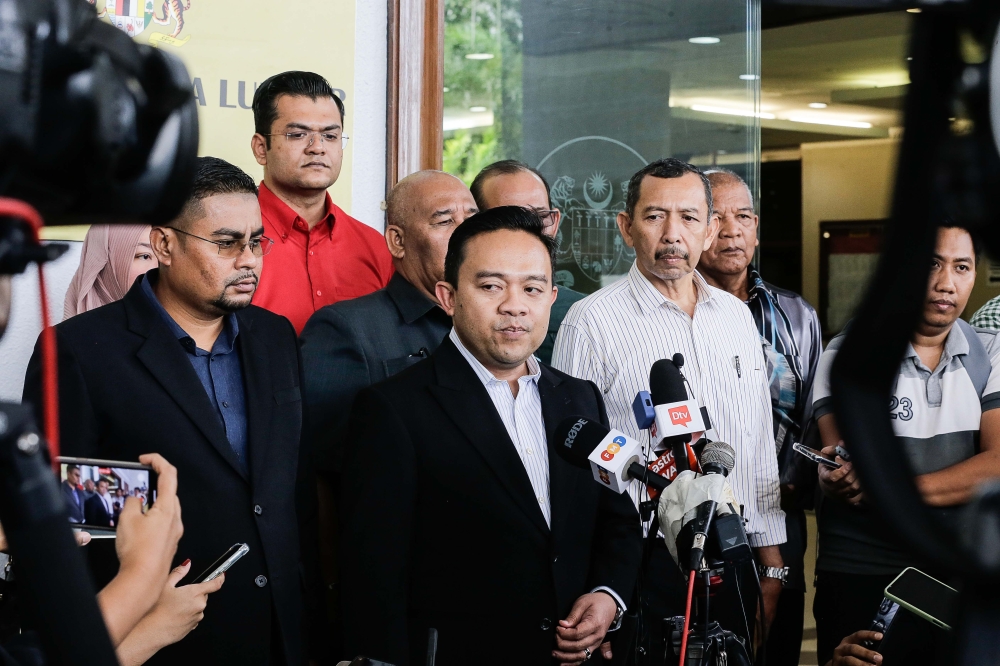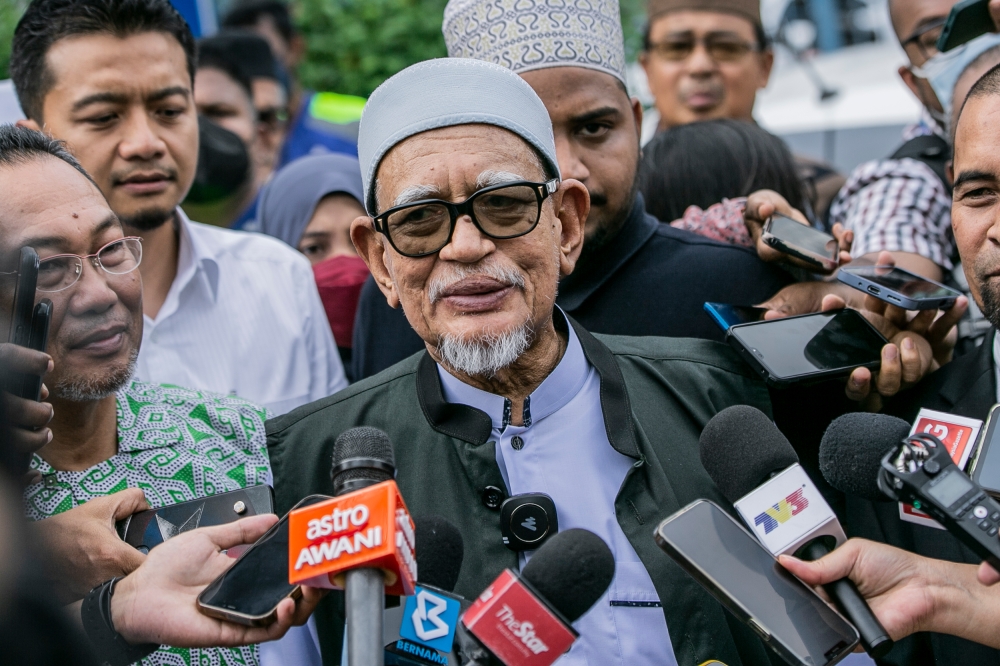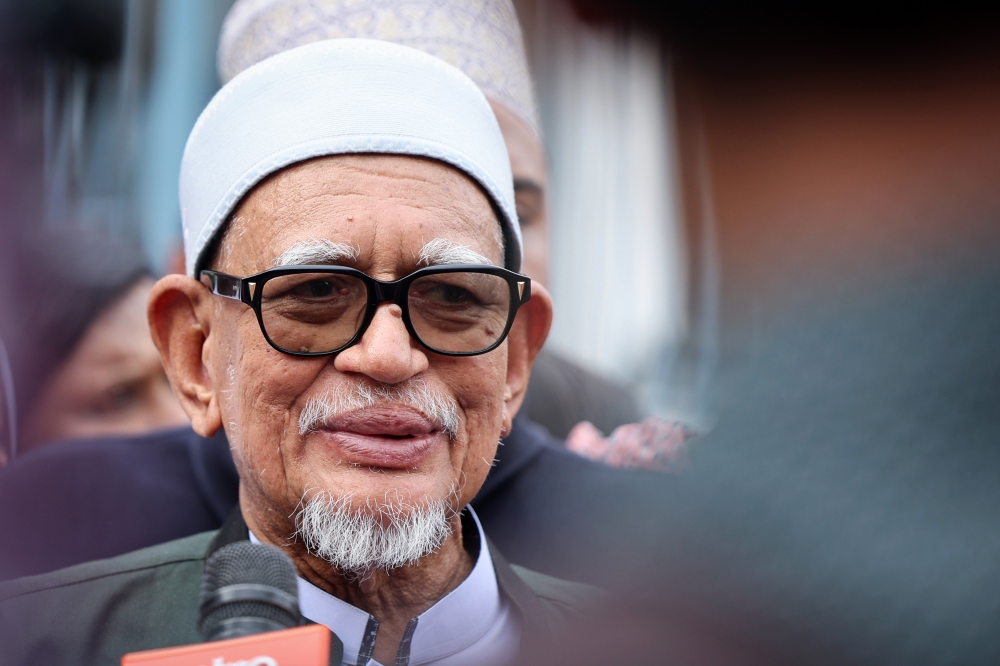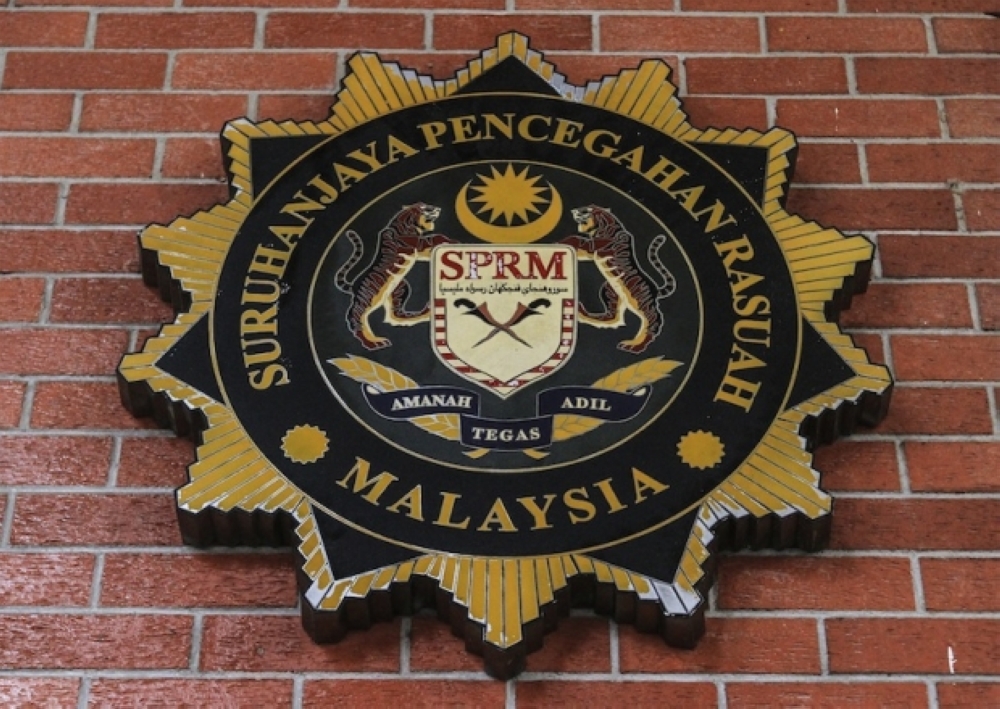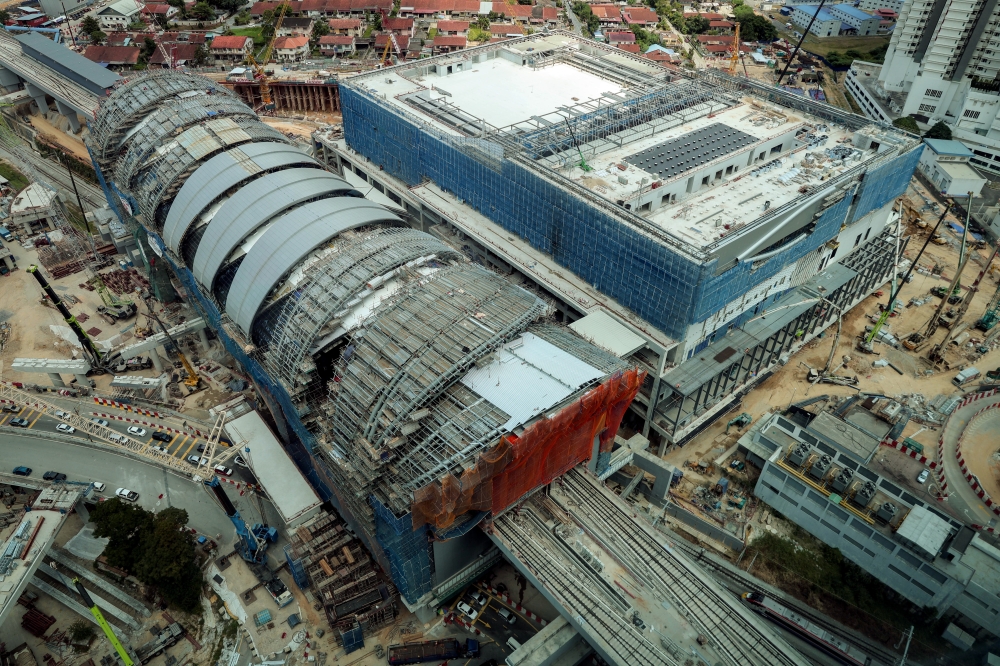KUALA LUMPUR, March 7 — Perikatan Nasional (PN) could prove to be a lifeline for Pejuang if it accepts the party into the coalition, according to political analysts.
They predict that the party would suffer defeat in the upcoming state polls and not be able to stand on its own if it does not join PN.
“Mukhriz has chosen to join PN to remain politically relevant, especially after the defeat he faced in the previous general elections with his father,” said Universiti Malaya sociopolitical analyst Assoc Prof Awang Azman Awang Pawi, referring to Pejuang president Datuk Seri Mukhriz Mahathir.
He said Mukhriz chose PN because the coalition has a better chance of winning in Kedah in the upcoming state elections.
Last week, Mukhriz announced that the party has applied to join PN as a component party.
Nusantara Academy for Strategic Research (NASR) senior fellow Azmi Hassan agreed that Mukhriz’s political career could be “saved” by joining PN.
He said it is possible that Mukhriz would be given a seat to contest in Kedah under PN in the upcoming state polls but it may not be his preferred seat.
Meanwhile, assistant professor of political science at International Islamic University Malaysia Syaza Shukri said this move will help Pejuang cling to relevance.
“From losing all its deposits in the 15th general election, now there’s a chance for them to make a comeback through successful seat negotiations,” she said.
Analyst James Chin said Pejuang has no other option but to join PN as Pakatan Harapan will not accept them.
“Ideologically, PN is a better fit for them but at this moment, I can’t see any value they can bring to PN,” said the director of Asia Institute, University of Tasmania.
He pointed out that Pejuang candidates all lost their deposits in the 15th general election.
The analysts believed that if PN were to accept Pejuang, however, it would be very low in the coalition’s hierarchy.
“Pejuang will definitely be a junior partner,” said Syaza.
Azmi concurred and said Pejuang would be lower than even Gerakan.
He explained this is because Pejuang targets Malay voters but did not win much support while both PAS and Bersatu also targeted Malay voters and had more support.
“PAS and Bersatu are at the top of the party hierarchy,” he said.
Chin said PN has always wanted to bring together right-wing groups so it might accept Pejuang based on this, but they may not be given many seats to contest in the upcoming state polls.
Both Azmi and Syaza believed that the only benefit for PN to accept Pejuang was to signal their commitment to “Malay unity”.
“They can say they are a coalition that fights for the Malays and defend Islam,” Azmi said.
However, the analysts all warned that the coalition will face more difficulty during seat negotiations with a new party in its ranks.
Awang said PN would, however, be able to avoid multi-cornered fights with Pejuang in the state elections if the party were to be accepted.
At the end of the day, Syaza said whether Pejuang joined PN or not would not have much significance.
“People either don’t remember its origin or don’t care too much about Pejuang. It will just be another day of another Malay party joining PN,” she said.

